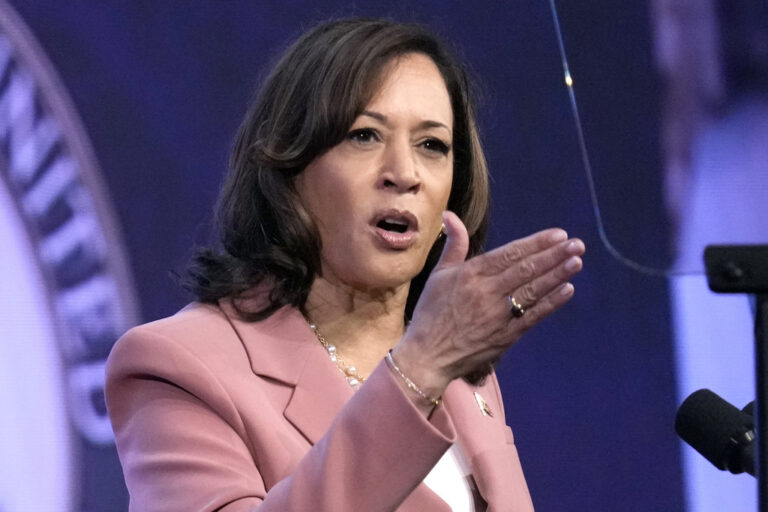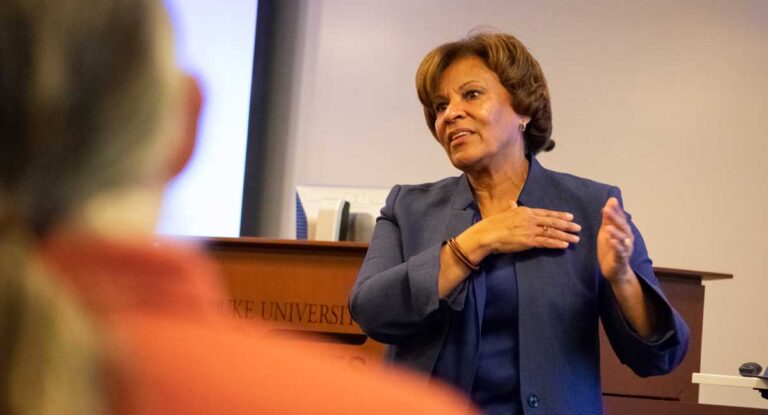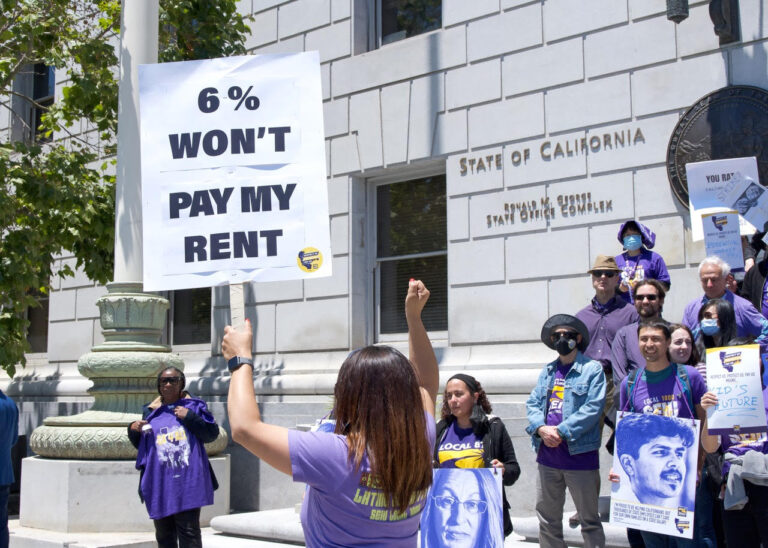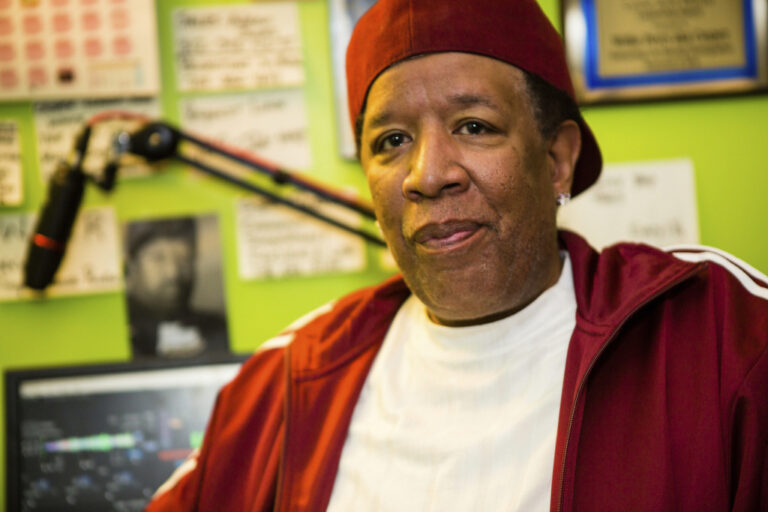By Anissa Durham, Word in Black
In August 2019, 16-year-old high school junior Imani Bell collapsed while doing drills outside with her basketball team in sweltering 90-degree heat. She died of heatstroke. Bell’s father told CBS News, she was revived twice. But her “body was so hot that it went right back into cardiac arrest.”
2019, the year Imani died, was the second-hottest year on record. Fast forward four years and 2023 is on track to be the hottest in recorded history.
Why does this matter? Because heat is no longer just an inconvenience. Extreme heat can lead to death — especially for young athletes.
June 2023 was the warmest June on record for the globe, according to the National Centers for Environmental Information. With the wildfires in Canada, record-low sea ice, and tropical storms impacting the globe — the earth is experiencing devastating climate change. States such as Louisiana, Texas, Florida, and California are enduring heatwaves of unprecedented magnitude.
For high school student-athletes, practicing in these temperatures can easily become dangerous.
Adults typically have an easier time spotting the signs of heat-related illnesses. But for younger children and high schoolers, recognizing the symptoms and speaking up can be a much more difficult task.
With rising temperatures comes an increased risk of student-athletes experiencing sudden cardiac arrest and heat-related illnesses. At least 200 students have died while playing high school sports, within the last 10 years. An investigation by the Courier Journal found that many states don’t have policies in place to protect young athletes from heat-related death or illness.
Imani Bell didn’t have any pre-existing health conditions, but there is a disorder that puts Black youth at higher risk.
Triggering a Sickle Cell Crisis
Sickle cell trait is a blood disorder that affects one-to-three million Americans. With 8-10% of African Americans inheriting the disorder. During strenuous physical activity or dehydration, red blood cells become deformed or sickled. Patrick Mularoni, division director of Sports Medicine at Johns Hopkins All Children’s Hospital, outlines why this can be threatening.
“If they’re not well hydrated, and it’s hot outside, they go into a sickle cell crisis,” he says. “They actually have an episode where it causes them to collapse. They have no blood flow; the sickled cells block blood to muscles, and the muscles don’t work.”
But part of the problem is that many Black folks unknowingly carry this trait. All babies are screened for sickle cell status within 24 to 48 hours after birth. Mularoni says sometimes that information doesn’t get shared with the athletes themselves or those in their care.
“People with sickle cell trait … for some reason, it has not been prioritized for them to know that information and to share that information with caregivers, athletic trainers, and with their coaches,” he says.
Living with sickle cell trait does not disqualify someone from playing sports. Rather, it’s important for coaches to be aware of the condition. For young athletes without blood disorders, playing sports in high temperatures comes with different concerns.
After the end of the school year finishes, many youths are in air-conditioned rooms during the summer months. Mularoni says this can be harmful.
“Heat climatization is a very big deal and very important for any athlete,” he says.
If an athlete’s body isn’t gradually reintroduced to the heat, dehydration can happen, and folks can experience heat exhaustion, Mularoni says. And in more severe cases, an athlete may experience heat stroke, when the body can no longer control its temperature.
Water Breaks and Close Monitoring
To play safely, Stanley Spinner, chief medical officer and vice president of Texas Children’s Pediatrics and urgent care, outlines what parents and coaches need to do. His first piece of advice is to hydrate every 15 to 20 minutes.
“Don’t get to the point where you’re feeling really thirsty and overheated. That’s already too late,” he says. “You need to pace yourself and be aware of how long you’re outside, and you need to be drinking constantly.”
It’s not just direct sunlight folks need to be aware of. It’s also the surfaces athletes play on. Tennis players who play on asphalt may experience higher exposure to heat because the surface is going to be even hotter than sports practiced on grass.
The telltale signs of heat exhaustion include dizziness, muscle cramping, feeling lightheaded, and nauseous. If a young athlete starts to show signs of heat exhaustion, Spinner says they need to get into a cool environment immediately.
“People don’t realize how quickly this can happen,” he says. “Unfortunately, (heat-related illnesses) happen every year, because people just don’t think it will happen to them.”
But Spinner says prevention is key.
Teaching Kids to Be Aware of Their Bodies
While there are some risks with playing sports outdoors during extreme heat, one Alabama mom is making sure it’s safe and enjoyable for kids. Jania Otey, executive director of Kids & Culture Camp, holds virtual and in-person classes to help children learn about different cultures. One of the key aspects of her camps is outdoor playtime.
Camps are held every summer in Washington, D.C., with children ages three to 12 and counselors in training ages 13 to 17. As a result of the Canadian wildfires, the kids weren’t always allowed to go outside to play. They had to regularly check the air quality index, to make sure it was safe.
Depending on the outdoor temperature, Otey says kids probably should not be outside. If there is an opportunity for children to play inside at an indoor gym, that’s more advisable. But it’s also important for her team to communicate with the children, as parents are oftentimes not present at these sporting events.
“We teach our children to live mindfully and to be aware of their bodies and how they are feeling,” she says. “Making sure that they can communicate to an adult, particularly the young ones is very important.”
According to the Centers for Disease Control and Prevention, Black children between the ages of 1-4 died of hyperthermia at higher rates in Southern states than in non-Southern states between 1999-2016. Black children had the highest reported death rate than any other race during these years.
As children develop, playing outside promotes curiosity, critical thinking, and creativity. Studies show children who spent more time in nature exploration have improved learning outcomes and less anger and aggression.
Otey says outside time for children, whether they are just running around or playing a structured sport, helps with social interaction. In the age of social media and video games, children are on electronics a lot more than when she was growing up. For her summer camp, they don’t place emphasis on electronics.
“With the levels of child obesity, making sure there’s an exercise regimen in our children’s schedules is important,” Otey says. “Health and wellness are something I’m a huge advocate for. And it starts at home.”
Adults are responsible for the well-being of the children and young athletes in their care. Otey says it’s crucial schools have guidelines in place to prevent heat-related illnesses and sudden death in youth athletes.
“Although there’s risk associated with joining a team and playing a sport, the risks of not doing that are much larger than the benefits associated with playing a sport,” Mularoni says. “Being a part of a team, the camaraderie, the learning, and the fitness outweigh the risks of having heat exhaustion or heat stroke. Playing sports is a good thing, we just have to prepare for it.”















